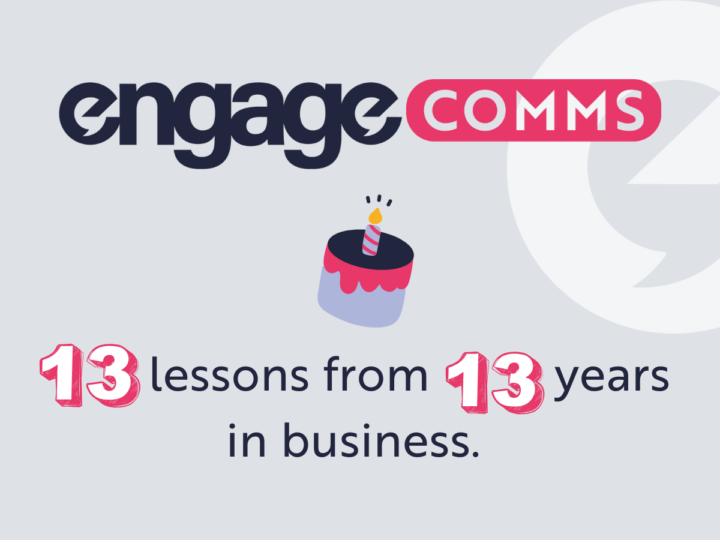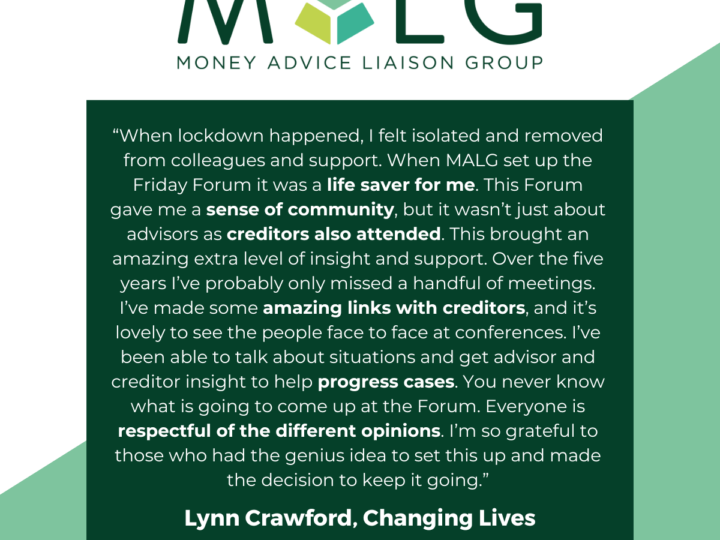In the same week that the Pope has hailed digital communications as a ‘gift from God’, the Church of England has released a set of guidelines on using social media as more Priests flock to Twitter and Facebook (and yes, that was most definitely pun intended). Our analysis is that, as general guidelines (or commandments?) go, these contain sound advice that can be applied to any profession. Here are the guidelines and our take on how they could apply to you:
1. Don’t rush in
We couldn’t agree more. Whether it’s a whole new social network that you’re joining, or simply a new Facebook group, or Twitter networking hour, it’s important that you do some research before jumping in. Whether you’re an individual, an organisation, or a Priest, spend a few days just listening. There’s no point jumping into the conversation if you don’t understand what’s being said!
2. Remember updates are transient yet permanent
Don’t expect one tweet or Facebook to status to change the world for you – but remember that nothing on the internet ever really goes away.
3. You’re an ambassador for the church
You probably aren’t an ambassador for the church, but you’re an ambassador for someone on Twitter. Even if it’s just your personal account you’re using, it’s your personal brand you’re harming with a careless update.
4. Don’t hide behind anonymity
People on social media don’t like it because it’s about personal relationships.
5. Think about the blurring of public/private life boundaries
It might be your personal Twitter account, but isn’t the organisation you work for tagged in your bio? Your Facebook might have really high privacy settings…but aren’t you ‘friends’ with your boss? Or an important client?
6. Safeguarding: communicating directly online is like meeting someone in private
Whatever line of business you’re in, or walk of life you’re from, you can’t build relationships just from sitting behind a computer screen. You need to make sure that you can verify the person at the other end.
7. Stay within the legal framework
Whether you’re a Priest, a lawyer or a teacher, you will sign up to a professional code of ethics that you must adhere to online since you are representing your company.
8. Respect confidentiality
This applies to any profession, any person, any time. Releasing private information is always a bad idea, and on social media it’s particularly dangerous as information can spread across the world in seconds.
9. Be mindful of your own security
The government also has quite a bit to say about this.
Coincidentally, we work with Prashad Indian Vegetarian Restaurant and noticed this week that a veggie vicar was getting involved in their #veggiehour networking event. Not only was she interacting with other foodies, but she was given the title of Top Tweeter, and received a free cookbook. So clearly the church’s advice is being taken on board!


